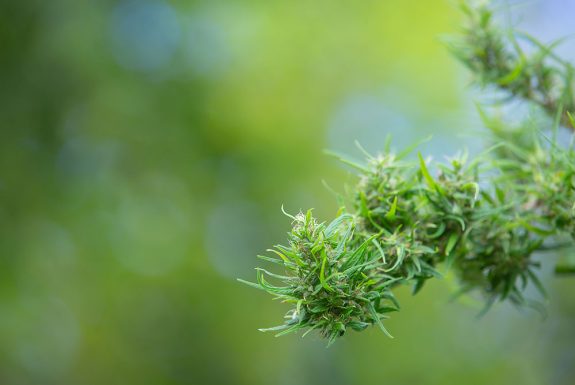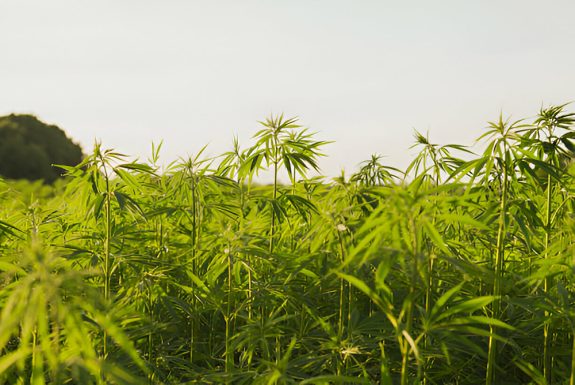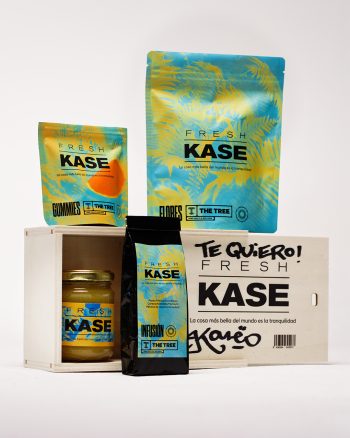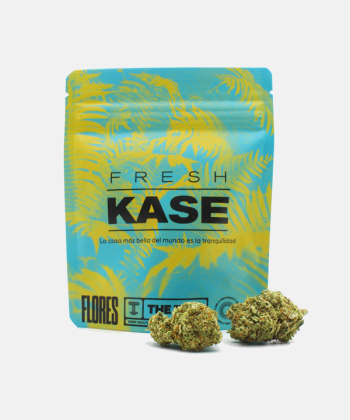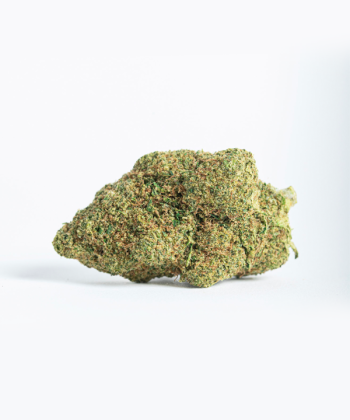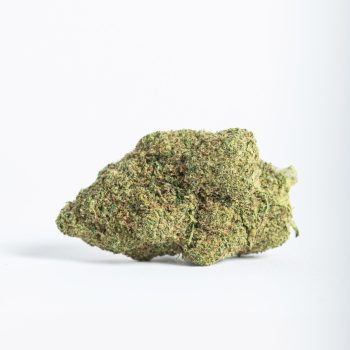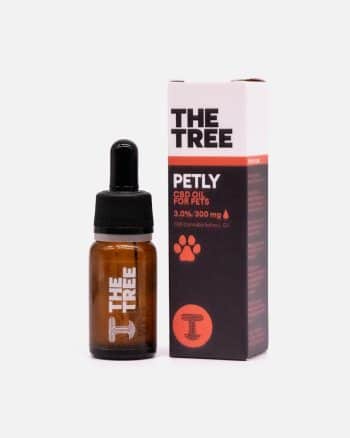In recent years, CBD has become increasingly popular thanks to its potential benefits. Although this compound is legal in many countries, there’s still some confusion as to whether it’s legal to travel with CBD. In this article, we’ll look at the legal risks of travelling with CBD.
First of all, it’s important to understand what CBD is. Cannabidiol is a chemical compound found in the cannabis plant. But unlike THC, it has no psychotropic properties, which means that it’s not intoxicating nor is it perception altering.
Many studies have shown that CBD has several properties that could potentially be very beneficial.
Nevertheless, despite having no psychotropic effects and not being a drug, cannabis and its derivatives are illegal or restricted in some countries. Therefore, as far as the legality of travelling with CBD is concerned, it depends on where you are and where you want to travel to.
How much does the legal status of CBD vary from country to country?
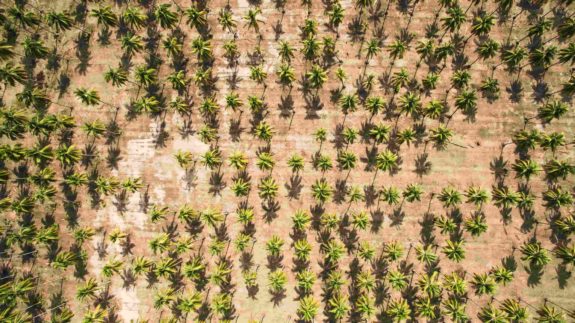 The legal status of CBD and products that contain CBD differs greatly from country to country. In some countries, CBD is completely legal and can be bought and used without any restrictions. But there are other countries where possession or use can lead to very serious legal consequences, including imprisonment or even the death penalty.
The legal status of CBD and products that contain CBD differs greatly from country to country. In some countries, CBD is completely legal and can be bought and used without any restrictions. But there are other countries where possession or use can lead to very serious legal consequences, including imprisonment or even the death penalty.
It’s essential to carefully research the regulations surrounding CBD in any country you’re going to visit before you travel. This includes not only national laws, but also local or regional regulations.
The legal status of CBD in Europe
As far as the European continent is concerned, most countries are quite tolerant towards CBD. In the Netherlands, for example, it’s perfectly legal. In the UK, it’s also legal as long as the product in question contains less than 0.2% THC and no unproven medical claims are made about its health benefits.
There are also other countries, such as Spain, where the legality of CBD is restricted, as this varies according to its use. CBD isolate is perfectly legal as long as it’s not ingested or sold as a food supplement. However, flowers and resins, for example, are regarded as a collector’s item, so if you carry them unsealed and without a receipt, or consume them in public spaces, you can be fined.
In some other European countries, however, such as Andorra, they’re quite strict on this issue. Only CBD isolate and CBD for cosmetic use is legal there. In fact, it’s advertised everywhere in pharmacies and shops that sell tobacco and spirits in this small country in the Pyrenees. That said, possession of flowers could lead to arrest by the authorities and expulsion from the country.
The legal status of CBD in America
In the United States, the legal status of CBD also varies from state to state. In accordance with the 2018 Farm Bill, hemp-derived CBD is federally legal if it contains less than 0.3% THC. Some states, however, have stricter regulations and limit the use or possession of CBD to medical use.
In Canada, on the other hand, CBD is regulated under the same law as marijuana, which is perfectly legal. Establishments selling CBD must meet the same requirements as those selling marijuana. Nevertheless, it’s illegal to cross the border with cannabis products, so you must purchase them there.
In Central and South America, legislation varies greatly from country to country. While all types of cannabis are legal in Uruguay, most countries only allow medical use.
The legal status of CBD in Asia
The legal status of CBD differs greatly depending on the country around the world, and Asia is no exception. In some countries, CBD is legal and can be bought and used without restrictions, while in others, possessing or using it can have serious legal consequences.
In general, many countries in Asia have very strict regulations on cannabis and its derivatives, including CBD. Let’s move on to the CBD situation in some Asian countries:
- Japan: CBD is legal as long as it doesn’t contain THC, which is banned in Japan. CBD can be found in skincare products and in some foods and beverages.
- South Korea: CBD is illegal in South Korea and possession or use can lead to imprisonment and fines. The country has a “zero tolerance” policy towards cannabis and its derivatives.
- China: although the CBD situation in China is complex, the country doesn’t allow the sale of CBD products domestically. That said, some Chinese companies have started exporting CBD products to other countries.
- Thailand: medicinal use of cannabis, including CBD, was legalised in 2018. Nonetheless, possession and recreational use of cannabis remain illegal in Thailand. Smoking cannabis flowers in public could lead to several months in prison and a fine. Other types of consumption such as edibles are allowed as long as they don’t contain THC.
- Singapore: CBD is considered a controlled drug in Singapore, and possession, use, or trafficking can carry the death penalty. Singapore’s cannabis policy is one of the toughest in the world.
The legal status of CBD in Africa
As in other continents, the legal status of CBD in Africa varies from country to country. In some countries, CBD is legal and unrestricted, while in others, its possession or consumption can have serious legal consequences.
Many African countries have strict regulations on cannabis and its derivatives, such as the ones mentioned below.
- South Africa: the use of cannabis for medicinal and recreational purposes was legalised in 2018. As a result, CBD is legal in South Africa, provided certain regulations are adhered to.
- Morocco: although it’s the largest producer of hashish in the world, the country has strict regulations on cannabis and its derivatives, and makes no distinction between THC and CBD. In general, CBD isn’t legally available in Morocco.
- Nigeria: has a “zero tolerance” policy towards cannabis, which means that CBD is illegal there.
- Kenya: the use of cannabis for medicinal and recreational purposes remains illegal, and the country has strict regulations in this regard. As a result, CBD isn’t legally available in its territory.
- Egypt: this country also has a “zero tolerance” policy towards cannabis, which makes CBD illegal there.
The legal status of CBD in Oceania
CBD in Oceania is rather restricted, as the countries that permit it only allow medicinal use. This is the case in Australia and New Zealand, where a medical prescription is required to obtain CBD.
Other countries on this continent are less tolerant and ban all cannabis derivatives altogether. This is true of Papua New Guinea and the Solomon Islands, which have very strict policies.
Fiji decriminalised the growing and distribution of hemp relatively recently, in 2022. This makes it the most tolerant country towards CBD in all of Oceania.
Tips on travelling with CBD
In general, travelling with CBD wouldn’t be recommended, as it could be illegal, depending on the country you’re in. So, if you can buy it at your destination, this would be the most advisable option.
If you plan to travel with CBD, it’s important to research local laws and regulations at your destination and anywhere you have a stopover. Make sure your CBD complies with legal requirements and is labelled correctly.
In short, the legal status of travelling with CBD depends on the country or state you’re in. If you plan on travelling with CBD, be sure to research local laws and regulations and comply with legal requirements. With a little research and caution, you can enjoy the potential benefits of CBD while travelling.


